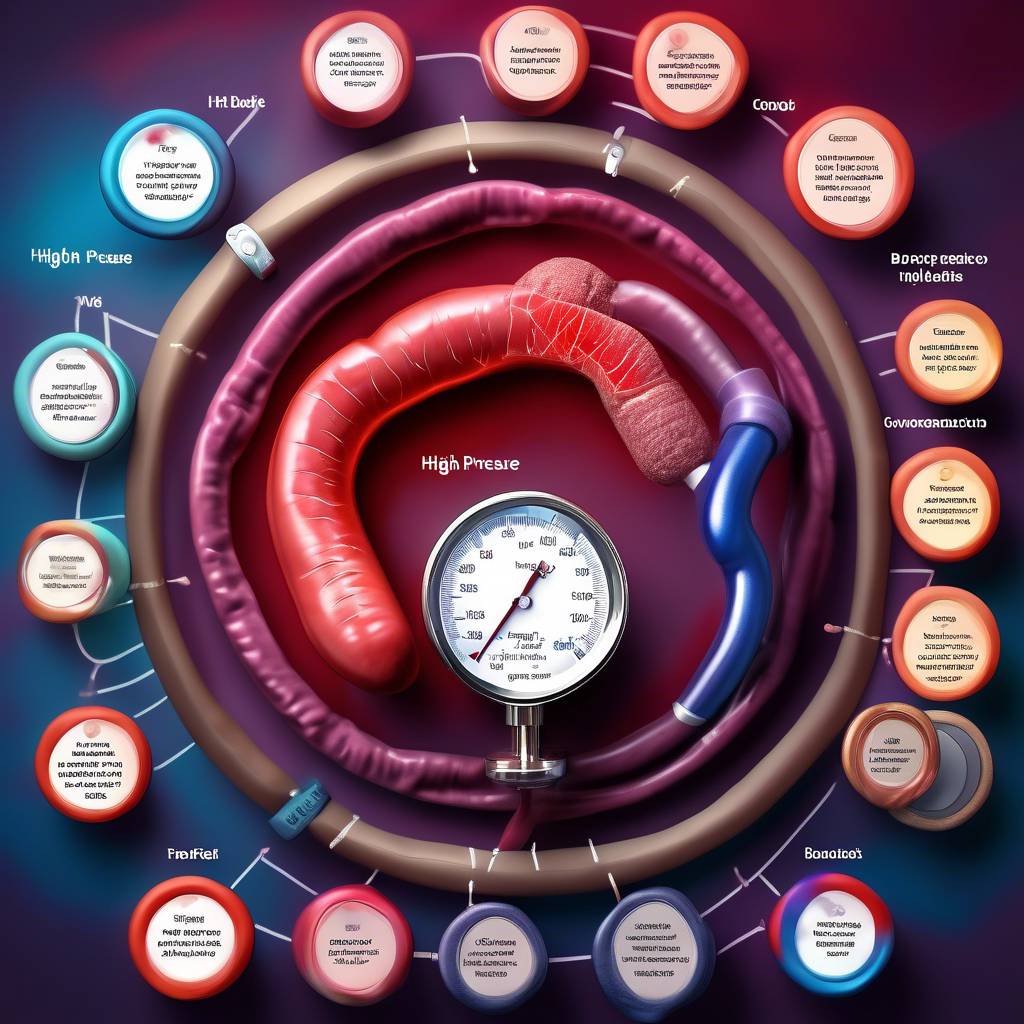High blood pressure, or hypertension, affects one in three adults globally, leading to approximately 10 million deaths each year. While certain unmodifiable risk factors can contribute to the development of hypertension, such as age, ethnicity, and existing health conditions, lifestyle changes can also help reduce the risk. Researchers from Queen Mary University of London have recently identified more than 100 new regions of the human genome and over 2,000 genetic signals that influence blood pressure. By analyzing genetic data from more than 1 million individuals, researchers hope to better predict a person’s risk of developing high blood pressure. The study, published in the journal Nature Genetics, sheds light on the complexity of blood pressure regulation and the need for further research.
The study conducted by researchers at Queen Mary University of London found that blood pressure is influenced by thousands of genetic signals, in addition to non-genetic lifestyle and environmental risk factors. By calculating polygenic risk scores, researchers were able to determine that individuals with the highest genetic risk for hypertension had mean systolic blood pressure levels 17 mmHg higher than those with the lowest genetic risk. These high-risk individuals were also seven times more likely to develop high blood pressure. With a better understanding of how genetics impact blood pressure, researchers aim to improve polygenic risk scores and predict those at risk of hypertension in the future.
High blood pressure is often referred to as the “silent killer” because many people may not be aware they have the condition. By identifying genetic risk factors early in life, doctors may be able to target patients at higher genetic risk and recommend lifestyle or therapeutic interventions to reduce their blood pressure before it has a significant impact on their health. Knowing a person’s genetic risk score, which remains fixed throughout their life, allows for closer monitoring and early intervention to prevent cardiovascular disease. The findings from this study may lead to new diagnostic and treatment methods for hypertension, as genome-wide association studies have proven to be powerful in identifying genetic markers associated with various forms of the condition.
Dr. Cheng-Han Chen, an interventional cardiologist in California, believes that the study findings could help improve the management of patients at risk for high blood pressure. By identifying those at risk early on, healthcare providers can develop new prevention strategies and potentially lead to the development of new medications and treatments for hypertension. The goal is to better identify individuals at risk for developing high blood pressure and severe forms of the condition, as there is still much to learn about the risk factors involved. By utilizing genetic risk scores and understanding the genetic influences on blood pressure regulation, researchers hope to advance personalized medicine approaches and improve outcomes for patients with hypertension.









